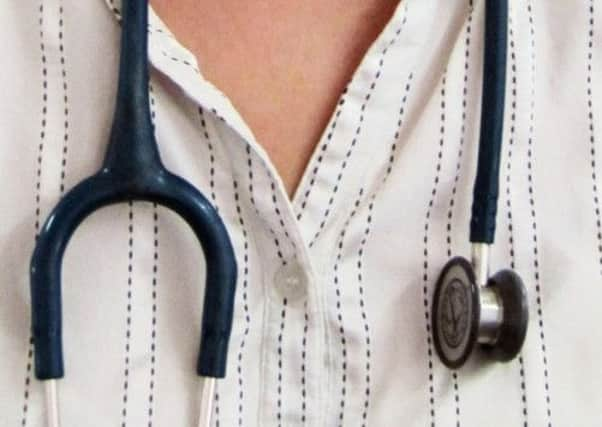Doctors say access to treatment better in England


Research carried out for drugs company Roche Products found 39 per cent of oncologists and haematologists were aware of cancer suffers who had relocated south of the Border for this.
All bar one of the 28 consultants interviewed for the survey believed access to cancer treatments was better in England than in Scotland.
Advertisement
Hide AdAdvertisement
Hide AdFifty per cent thought restricted access to treatment had lowered the standard of care available in Scotland compared with the rest of Europe, and 46 per cent believed fewer clinicians were coming to Scotland to practise in cancer. Clinicians said there were 34 drugs they would like to be able to use to treat patients that had not been approved by the Scottish Medicines Consortium (SMC).
Mark Flanagan, chief executive of the charity Beating Bowel Cancer, said: “It is worrying that cancer patients are being forced to make the choice between staying at home and moving across the Border to get the treatment their doctors in Scotland wish to provide for them.
“This is about peoples’ lives, and action must be taken quickly to establish a system of access to a wide range of drugs and treatments for the growing number of Scots diagnosed with bowel cancer every year.”
He said almost 4,000 Scots a year were affected by bowel cancer but added: “Outcomes are poorer compared to other countries in the UK and Europe. More can and must be done to improve bowel cancer care.”
But Dr Jason Leitch, clinical director of NHS Scotland, rejected the research and said: “The evidence base for this survey is extremely dubious. Billion-pound pharmaceutical giant Roche only surveyed 28 people and we simply don’t recognise the figures they are quoting. They have shown no evidence to support their claims, nor any information on the 34 drugs which they claim are freely available in England but not here.”
In January, the Scottish Government announced a £21 million fund to help improve access to treatment for people with rare medical conditions. This will cover the cost of medicines whose routine use has been rejected by the SMC.
Scottish Conservative health spokesman Jackson Carlaw said: “The SNP can no longer keep denying thousands of cancer sufferers in Scotland the drugs they need. It is absolutely essential that funding is provided in the short term to help those missing out on the treatment they are entitled to.”